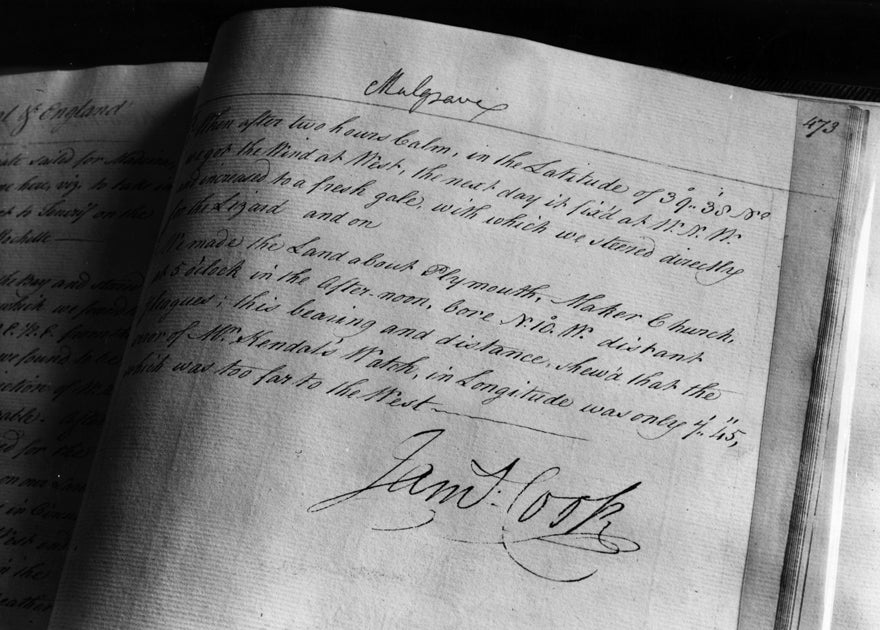
Your support helps us to tell the story
From reproductive rights to climate change to Big Tech, The Independent is on the ground when the story is developing. Whether it's investigating the financials of Elon Musk's pro-Trump PAC or producing our latest documentary, 'The A Word', which shines a light on the American women fighting for reproductive rights, we know how important it is to parse out the facts from the messaging.
At such a critical moment in US history, we need reporters on the ground. Your donation allows us to keep sending journalists to speak to both sides of the story.
The Independent is trusted by Americans across the entire political spectrum. And unlike many other quality news outlets, we choose not to lock Americans out of our reporting and analysis with paywalls. We believe quality journalism should be available to everyone, paid for by those who can afford it.
Your support makes all the difference.
What courses? History; american history; american studies; ancient history; ancient and medieval history; celtic and scottish history; contemporary history; economic history; heritage studies; history studies; history of art; international history; jewish studies; medieval and early modern history; medieval and renaissance studies; modern history; modern european history; modern and contemporary history; prehistoric and roman archaeology; scottish studies; social history; social and cultural history; turkish with ottoman history; viking studies; war studies; welsh history, plus plenty of combined honours courses including modern foreign languages.
What do you come out with? A BA, or MA in Scotland.
Why do it? “There's a quiet command to history that explains its enduring popularity and relevance as an undergraduate qualification. The subject offers a melting pot of multi disciplinary concerns and training like no other undergraduate degree. At Durham, for example, our teaching ranges from the gothic German imagination to modern monarchical hysteria. History teaches students to think and write critically, encouraging intellectual rigour in handling sources and evidence and giving a training in practical research and presentation skills of enduring use. Historians go into law and business, but also into publishing, journalism, policy think-tanks, teaching, politics, broadcast media, and the heritage industries.” – Dr Lawrence Black, admissions tutor and senior lecturer in the department of history, Durham University
What's it about? The study of a range of periods and themes in history, combined with a look at the study of history itself. Most institutions offer a number of compulsory core courses, such as “approaches to history”, while some require students to take at least one module across each of the medieval, early modern and modern periods. It’s worth checking out departmental websites as many courses will specialise in different historical ages, as well as offering an extensive range of modules anywhere from the ancient Near East to the contemporary world, such as at UCL. Most courses have room for a lot of choice, particularly in the second and third years. Modules with North American, Latin American, Asian, and African themes are very popular at Oxford for example. You usually get the opportunity to do a final year dissertation involving in-depth research. It’s becoming increasingly popular to combine history with other subjects, particularly politics, economics, modern languages or sociology. Expect to do a lot of reading and intensive trips to the library for research and fact-checking during your three years – there is also a growing emphasis on finding your own primary sources for modern history.
Study options: The rule says that three years are necessary to complete the course; four in Scotland. Combining history with a foreign language is becoming increasingly common where students undertake a four year course, the study of which includes a year abroad in the second or third year. Students often take advantage of this year abroad to help with their final-year dissertations. Some universities also offer a semester abroad for single honours history which tends to take place in the first semester of second year. Assessments go from project groups to in-depth essays and exams.
What will I need to do it? Most universities require history A-level at grade A, but less demanding institutions will also accept a B, even in a related subject such as modern cultures and economics. If you want to study it at Durham, you’ll need an A*; Cambridge also requires A*AA, but the A* doesn’t have to be in history. For Oxford you’ll need to successfully complete the History Aptitude Test (HAT) as well as securing three As at A-level; no surprise there.
What are my job prospects? Not many of you will become historians. Like other humanities degrees it is fair to say that graduates come out equipped with many transferable skills, but without a definitive career path set out for them. Employers will hire you because you will have acquired good analytical skills, judgement and the ability to speak comprehensively but succinctly about big topics. However, according to The Times’ Good University Guide 2012, only two other subjects have fewer leavers going straight into graduate-level jobs than history – only 23 per cent of history graduates see themselves in these jobs six months on from leaving. For those who do land themselves a job, starting salaries average £19,909. Popular career paths for graduates with history degrees are the civil service, historical researching, journalism and the media, law, teaching and museum work amongst others.
Where’s best to do it? Durham has the best score in the Complete University Guide 2012, closely followed by Cambridge and LSE. However, Derby, Durham and Brunel are considered the best in terms of students’ satisfaction.
Related degrees: Politics; sociology; classics; anthropology; archaeology.
Join our commenting forum
Join thought-provoking conversations, follow other Independent readers and see their replies
Comments